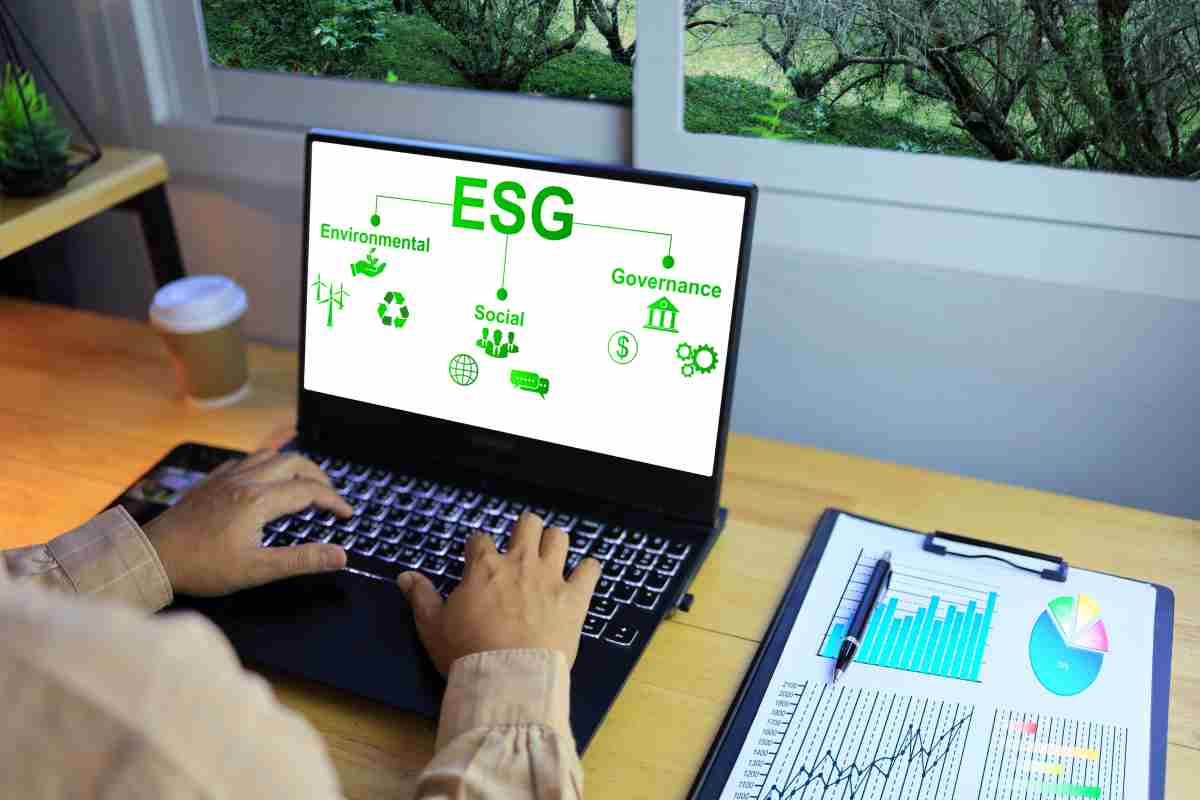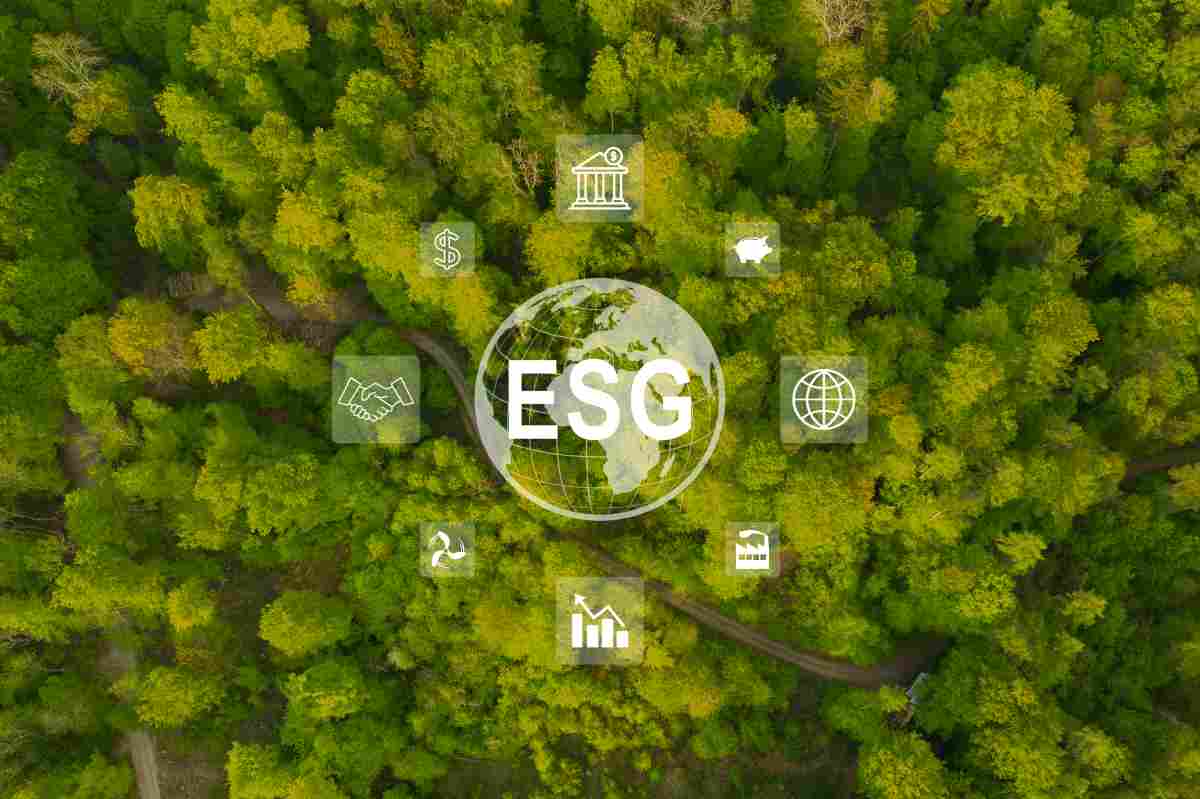In an era where 76% of consumers are willing to boycott companies with misleading environmental claims, the line between genuine environmental, social, and governance (ESG) initiatives and greenwashing has never been more critical. A report by PwC's Global Investor Survey, found that 79% of investors believed ESG risks were an important factor in their investment decisions, while 49% said they would be willing to divest from companies that weren't taking sufficient action on ESG issues.
As regulatory bodies worldwide tighten oversight—with EU's Corporate Sustainability Reporting Directive (CSRD) and the SEC's climate disclosure rules leading the charge—businesses face increasing pressure to demonstrate authentic ESG commitment backed by verifiable data.
Distinguishing True Impact from Empty Promises
Greenwashing—the practice of making misleading or unsubstantiated claims about environmental benefits—costs more than reputation. According to a report by the Chartered Accountants Worldwide, misleading environmental claims can significantly impact corporate value—as evidenced when Volkswagen's share price plummeted nearly 20% following its emissions scandal, erasing over €13 billion in market capitalisation. Such deception also exposes businesses to regulatory scrutiny, exemplified by investigations into environmental marketing claims from major brands including HSBC, Tesco, Asos, Boohoo, and George at Asda. True ESG sustainability differs from greenwashing in fundamental ways:
Evidence-Based Reporting vs. Marketing Claims
Authentic ESG initiatives rely on comprehensive data collection and verification systems. The consequences of misrepresentation can be severe, as demonstrated when the SEC fined Deutsche Bank subsidiary DWS $19 million following a greenwashing investigation into allegations that the asset manager had overstated its ESG credentials.
Strategic Integration vs. Surface-Level Commitments
Companies genuinely committed to ESG sustainability integrate these considerations into core business strategy rather than treating them as peripheral initiatives. This integration creates measurable impact across operations while enhancing long-term business resilience. McKinsey's analysis of 2,269 companies found that "triple outperformers"—those excelling in growth, profitability, and ESG—delivered annual shareholder returns 2 percentage points above financially strong peers and 7 percentage points above other companies in the study.
The Regulatory Landscape: Growing Scrutiny and Consequences
The regulatory environment around ESG reporting is transforming rapidly:
The EU's CSRD now requires detailed sustainability reporting from over 50,000 companies, including non-EU corporations with significant EU operations.
The SEC's climate disclosure rules mandate specific greenhouse gas emissions reporting and climate risk assessments.
The UK's Sustainability Disclosure Requirements (SDR) implements strict anti-greenwashing measures.
France's Article 29 of the Energy and Climate Law requires detailed reporting on biodiversity impacts.
Building a Data-Driven ESG Reporting Framework
For businesses committed to authentic environmental social governance, implementing robust data infrastructure is non-negotiable. Here's how organisations can ensure compliance while building stakeholder trust:
Implement Comprehensive Data Collection Systems
A 2022 SAP News Center report highlights a McKinsey survey revealing that 83% of C-suite leaders and investment professionals believe ESG programs will play a bigger role in driving shareholder value over the next five years. The article also cites Deloitte, noting that 57% of senior executives see data availability and quality as the biggest hurdles in ESG reporting. Companies leading in social governance are addressing this by:
Deploying IoT sensors for real-time environmental monitoring
Implementing blockchain-verified supply chain tracking
Utilising AI-powered data analytics to identify material ESG factors
Establishing cross-functional data governance committees
Adopt Recognised Reporting Standards
Forward-thinking organisations are consolidating their approach by aligning with established standards:
International Sustainability Standards Board (ISSB) frameworks
Task Force on Climate-related Financial Disclosures (TCFD) recommendations
Implement Third-Party Verification
External assurance of ESG data has become a differentiator for leading companies. According to a PwC study, 83% of investors indicate they place more confidence in ESG disclosures that have undergone independent verification.
Create Clear Data Lineage and Audit Trails
Organisations must maintain transparent documentation of data sources, calculation methodologies, and assumptions. This practice not only supports regulatory compliance but also builds stakeholder confidence in reported metrics.
Accelerating ESG Excellence with Keyrus Solutions
At Keyrus, we have developed specialised ESG accelerators designed specifically for asset managers and financial institutions struggling with regulatory complexity. These pre-built solutions reduce the overall effort by 40-50%, while ensuring compliance with evolving frameworks like SFDR, EU Taxonomy, and CSRD. The Keyrus ESG Data Hub accelerator provides asset managers with a centralised repository that automates data collection from portfolio companies, streamlines regulatory calculations, and generates audit-ready disclosure reports. By eliminating manual data processing, clients have reported reducing reporting cycles from weeks to days, while significantly improving data accuracy and traceability. The solution's configurable rules engine also adapts to regulatory changes, enabling organizations to implement updates without extensive redevelopment efforts.

The Future of Authentic ESG Reporting
As ESG investing continues to grow—with Bloomberg Intelligence projecting global ESG assets to exceed $50 trillion by 2025—the premium on authentic reporting will only increase. Leading organisations are already preparing for this future by:
Integrating financial and non-financial reporting systems
Implementing predictive analytics to identify emerging ESG risks and opportunities
Developing scenario analysis capabilities to assess climate impact under multiple futures
Building real-time ESG dashboards for stakeholders
Conclusion: From Compliance Burden to Competitive Advantage
As regulators, investors, and consumers increasingly distinguish between authentic ESG commitment and greenwashing, organisations face a choice: treat sustainability reporting as a compliance burden or leverage it as a strategic advantage. Those who invest in robust data infrastructure don't just mitigate regulatory risk—they gain valuable insights into operational efficiencies, emerging market opportunities, and long-term resilience. In a business environment where trust is currency, authentic ESG sustainability reporting offers both protection and possibility. The most forward-thinking organisations recognise that the question isn't whether they can afford comprehensive ESG data systems, but whether they can afford to operate without them.
Need expert guidance navigating the complex world of ESG regulatory reporting? Discover how Keyrus accelerators can make your sustainable investment strategies 3x faster while ensuring full regulatory compliance. Contact our team today to learn more about our data-driven solutions for authentic ESG reporting.
